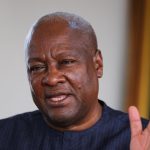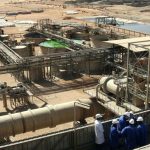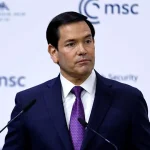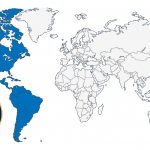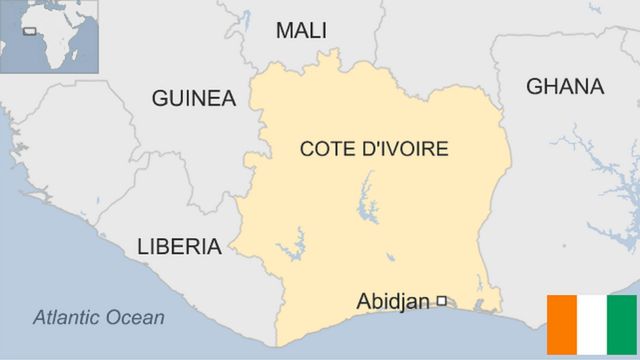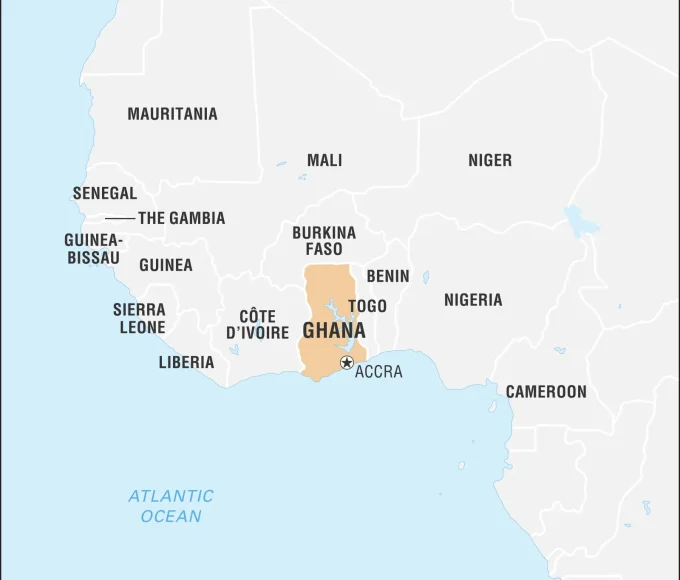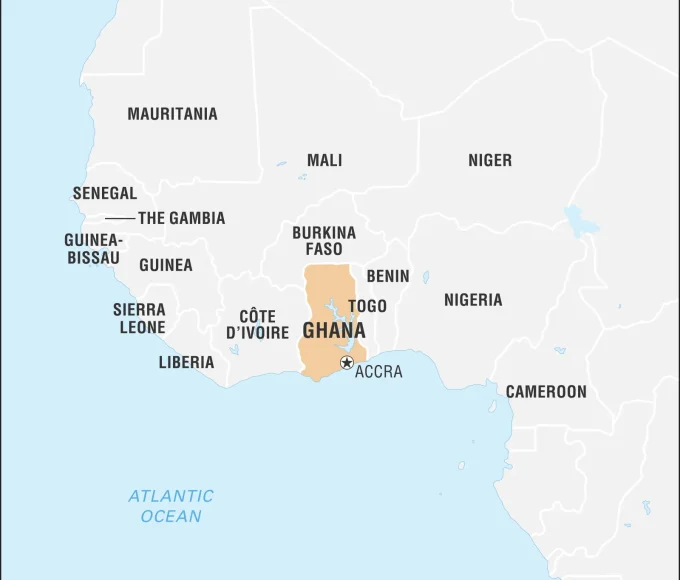
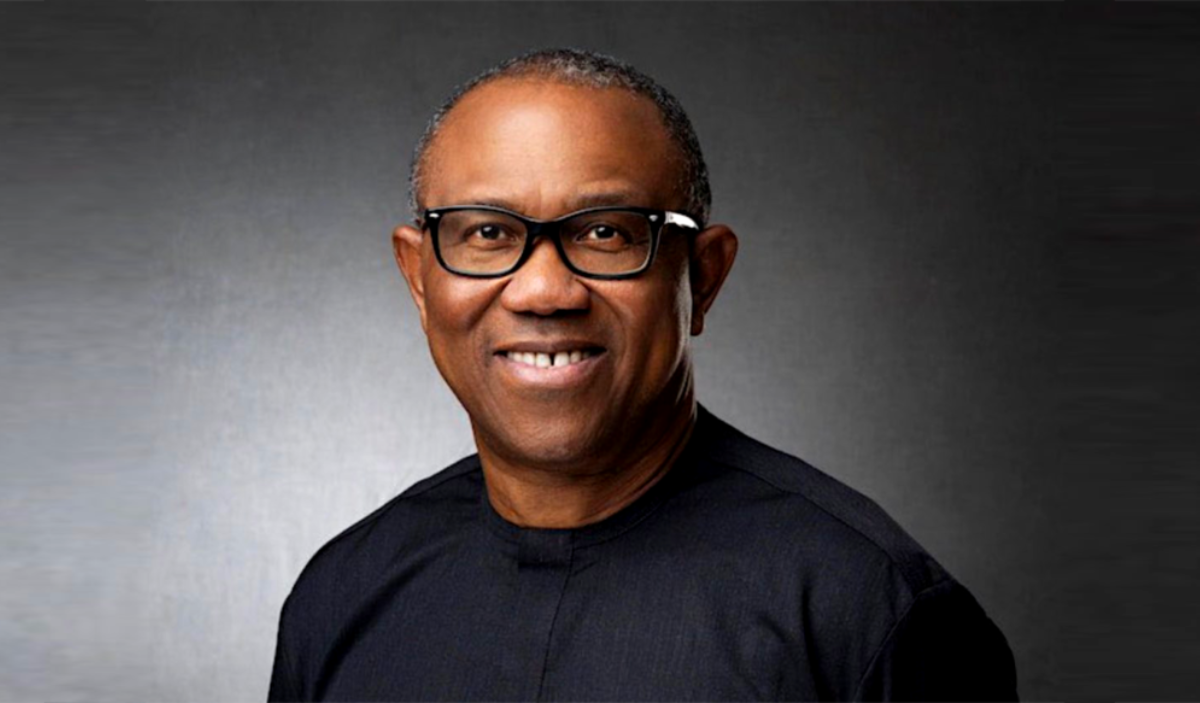
In response to the recent revelation of the Joint Admissions and Matriculation Board (JAMB) UTME 2024 results, which unveiled a low-performance level by students, Peter Obi, the presidential candidate of the Labour Party, has issued a statement urging immediate national action to address the concerning state of education in the country.
The JAMB UTME 2024 results painted a troubling picture of the education landscape in Nigeria, with only 0.5% of candidates achieving scores of 300 (75%) and above, while a staggering 76% scored below 200 (below 50%).
These statistics have ignited widespread concern about the quality of education provided nationwide and underscored systemic issues within the education sector.
In his statement, Obi highlighted the critical importance of education as a cornerstone of national development, emphasizing its role in driving progress on the Human Development Index (HDI).
With Nigeria currently ranking 164 out of 191 countries on the HDI, lagging behind comparable nations such as Iran, Egypt, Indonesia, Bangladesh, and the Philippines, Obi stressed the urgent need for transformative reforms to bridge this gap.
Despite Nigeria’s claim of a literacy rate above 50%, well below the global average of approximately 80%, Obi pointed out that the country still trails behind comparable nations in literacy rates, further illustrating the systemic challenges in access to quality education, particularly in rural areas.
One of the alarming consequences of the poor performance in UTME, according to Obi, is the disparity in enrollment rates between Nigeria and other nations with similar population sizes.
While Nigeria, with a population exceeding 200 million, can only boast about 2 million full-time university students, countries like Iran and Bangladesh have significantly higher enrollment figures, with Iran’s Islamic Azad University alone accommodating over 8.2 million students and Bangladesh’s National University enrolling over 2 million undergraduates.
To address these pressing challenges, Obi emphasized the need to prioritize education as a fundamental driver of development.
He called for aggressive investment in education, enhancement of teacher training programs, and the implementation of inclusive policies aimed at ensuring equitable access to quality education across all regions of Nigeria.
Read: Customs Intercepts 90 Sacks of Cannabis from Ghana in Ogun State
About The Author
Related Articles
Ghana Begins Boundary Pillar Project Along Côte d’Ivoire Border
Ghana has announced plans to begin construction of boundary pillars along its...
ByWest Africa WeeklyFebruary 16, 2026Nigeria to Face Ghana and Senegal in New CAF Nations League
Nigeria will face Ghana and Senegal in the newly introduced CAF Nations...
ByWest Africa WeeklyFebruary 16, 2026Ghana Set to Become Africa’s Eighth Largest Economy
Ghana is projected to become the eighth-largest economy in Africa by 2026,...
ByWest Africa WeeklyFebruary 16, 2026Ghanaian Tomato Traders Attacked in Burkina Faso
Several Ghanaian tomato traders were attacked in Burkina Faso, raising fresh concerns...
ByWest Africa WeeklyFebruary 16, 2026



